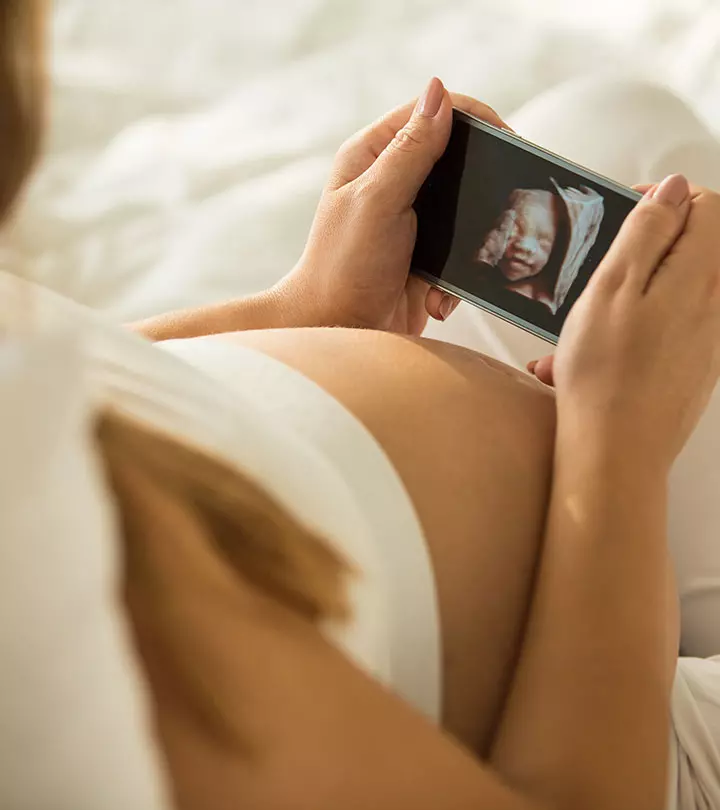
Image: iStock
The female body reaches menopause when it is no longer capable of reproducing as the ovaries stop producing hormones making a woman infertile. Naturally, this should mean that a woman is capable of giving birth until she reaches menopause, which usually occurs between 40 and 60 years. However, with the technological advance of modern science, it is possible to increase the fertility period of women. Going against the will of the human body, however, does come with its own consequences.
What Age Is High Risk For Pregnancy?
According to the Center for Disease Control and Prevention, in the US from 2000 to 2013, women between 50 and 54 years increased giving birth to children by almost 165%. Stories of women in the 60s or 70s giving birth are becoming increasingly ubiquitous. For instance, a woman in her 70s in India gave birth to her first child. Similarly, a Spanish woman was able to deliver twins at the age of 64.
But how old is too old?
Both ethical and scientific reasoning influences this question. One thing that most health experts agree on is that there are increased complications for women who are older.
Why Are Women Waiting Longer To Have Babies?
With changes in the norms of society, women are no longer looked upon as housewives that need to take the responsibility of raising children while the menfolk go out and work to bring home the bacon. Nowadays, women have more opportunities than they ever had in the past. With education becoming freely accessible, women are more likely to pursue their own careers knowing that having a child can be delayed until they are settled in their profession thanks to the advances of modern science.
What Effect Does Age Have On Pregnancy?
In the past, pregnancies over 35 years were subject to increased complications as the women had already carried multiple pregnancies previously. Even though this may not be the case for several older women in today’s world, they are still subject to problems such as diabetes and hypertension, which automatically puts them at higher risk during pregnancies. According to the National Down Syndrome Society (NDSS), older women have a greater chance of giving birth to a child with a chromosomal issue such as Down syndrome:
- 1 in 1200 at age 25
- 1 in 350 at age 35
- 1 in 100 at age 40
- 1 in 30 at age 45
- 1 in 10 at age 49
Women over the age of 35 are recommended to undergo screening to determine whether they are at higher risk of having a baby with a genetic disorder such as Down syndrome, or not. If the results of the test indicate that they are at a higher risk, they may choose to go for more invasive testing such as chorionic villus sampling (CVS) or amniocentesis.
How Can I Reduce My Risk?
Growing older does not necessarily mean that your chance of having a safe and healthy baby decreases. Many women perceive the biological clock as a ticking time bomb and imagining once they hit the age of 35, their body transitions from ‘young’ to ‘old’. It is important for any woman to remain healthy during her pregnancy no matter what her age. Even if you choose to delay your pregnancy until a later stage in life, you should make a strong effort in staying healthy. Age does have a strong impact on fertility especially when the body reaches menopause. Though older women are able to access fertility treatments to improve their chances of avoiding a miscarriage, the effectiveness of treatments such as IVF decrease with age.
Majority of older women are successively able to have healthy pregnancies and babies. Although, the chances of having a higher risk of complications during a pregnancy increase with age, it does not imply that these complications truly ensue.












